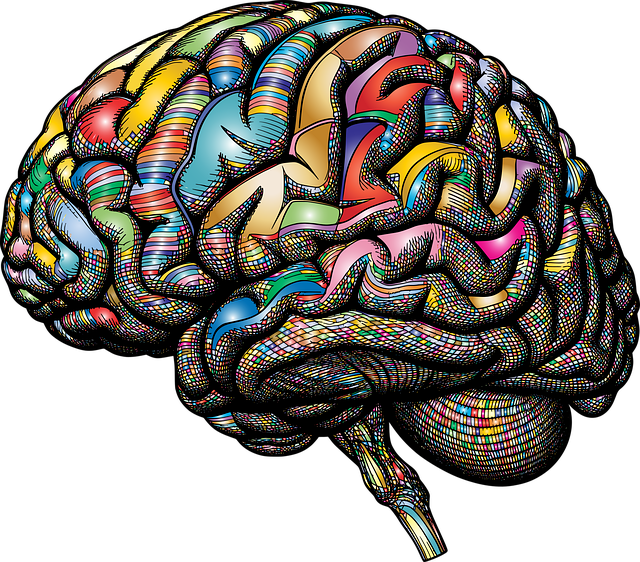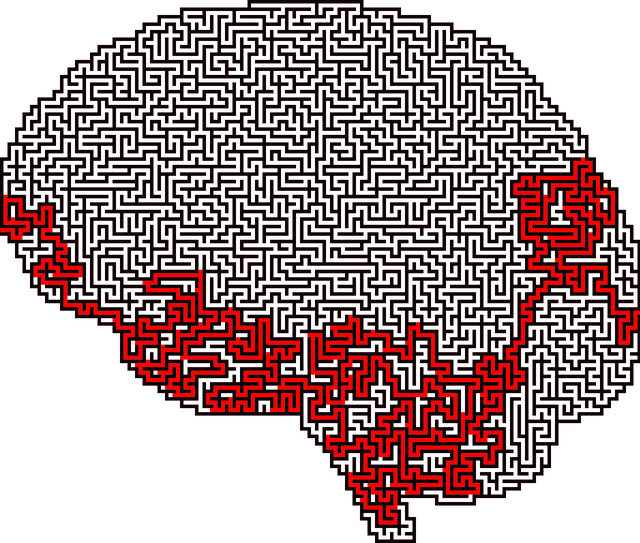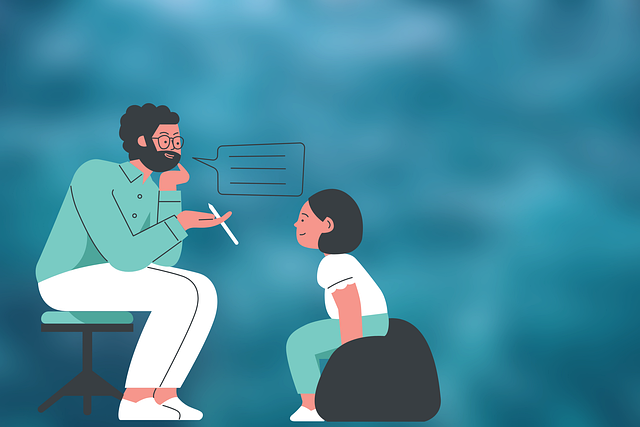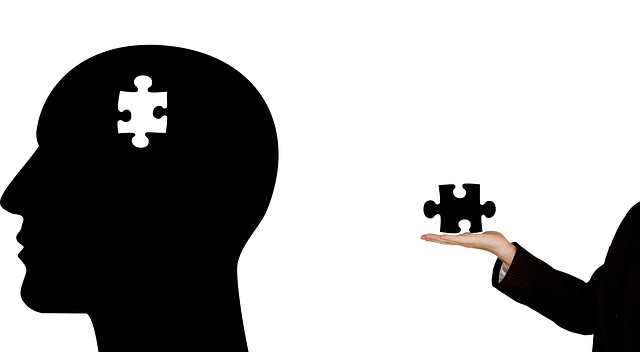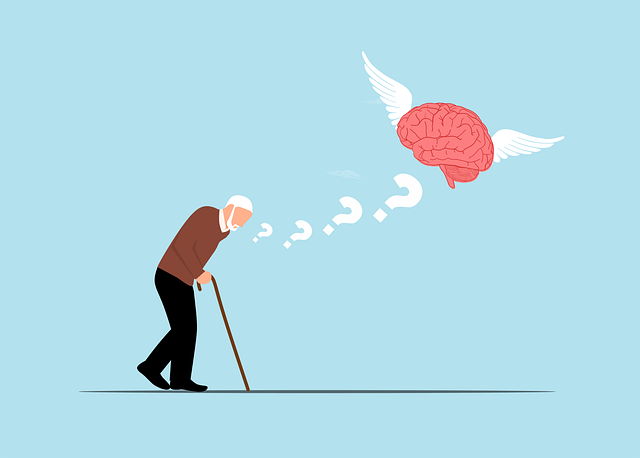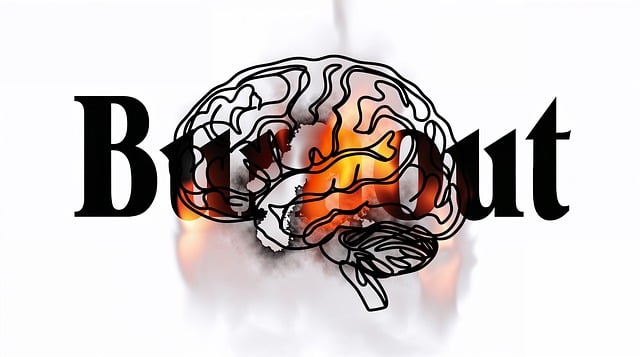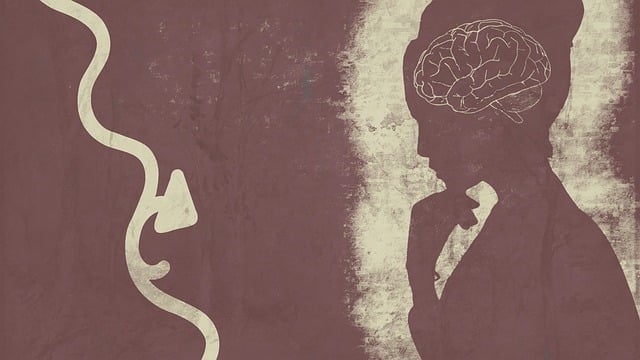The Resourceful Living Model (RFM) is an effective therapy approach for young children with Attention Deficit Hyperactivity Disorder (ADD-ADHD), focusing on building resilience, positive coping mechanisms, and stress management skills. Tailored communication strategies and positive thinking patterns empower kids to manage symptoms and improve well-being. RFM incorporates mindfulness, problem-solving, and social skills training, integrated into play-based activities for engaging resilience development. Engaging parents in this process enhances therapy outcomes through consistent support at home, preventing caregiver burnout. Regular progress monitoring allows adjustments based on individual needs, celebrating improvements and learning from setbacks, ultimately empowering children to develop resilience and positive mindsets.
Resilience is key to helping young children with Attention Deficit Disorder (ADD) or Attention Deficit Hyperactivity Disorder (ADHD) thrive. RFM (Resourceful Living Model), a therapeutic framework, offers a structured approach to building resilience in these children. This article explores the benefits of RFM for ADD/ADHD management, providing insights into designing tailored resilience-building exercises and its effective implementation in clinical settings. We’ll also discuss strategies for engaging parents and monitoring progress, emphasizing the importance of therapy for young children with ADD/ADHD.
- Understanding RFM and Its Benefits for Young Children with ADD-ADHD
- Designing Effective Resilience Building Exercises
- Implementing RFM in a Therapeutic Setting
- Engaging Parents and Caregivers in the Process
- Monitoring Progress and Adjusting Strategies
Understanding RFM and Its Benefits for Young Children with ADD-ADHD

Understanding RFM (Resourceful Living Model) is a powerful tool for therapists working with young children diagnosed with Attention Deficit Hyperactivity Disorder (ADD-ADHD). This approach focuses on building resilience and fostering positive coping mechanisms in children, which are essential aspects of therapy for Young Children ADD-ADHD. By utilizing RFM, therapists can help kids develop effective strategies to manage their symptoms and improve overall well-being.
One of the key benefits is its ability to enhance stress management skills. Through specific exercises, children learn to recognize and regulate their emotions, leading to better impulse control. Additionally, RFM incorporates communication strategies tailored for ADD-ADHD individuals, encouraging open dialogue and improving social interactions. Encouraging positive thinking patterns is another advantage, as it empowers kids to reframe challenges and develop a more optimistic outlook, which can significantly impact their ability to focus and manage attention-related issues.
Designing Effective Resilience Building Exercises

Designing effective resilience-building exercises for therapy sessions with young children with ADD/ADHD involves tailoring activities that cater to their unique needs and developmental stages. These exercises should foster a sense of accomplishment, teach coping mechanisms, and promote mental wellness. Incorporating practices like compassion cultivation and mindfulness can help children regulate emotions and build inner strength.
Mental wellness coaching programs can guide these sessions by teaching skills such as deep breathing, positive self-talk, and problem-solving strategies. By integrating these techniques into play-based activities, therapists can make resilience training engaging and enjoyable for young clients. Regular practice of these exercises not only enhances their confidence but also equips them with lifelong tools to navigate challenges.
Implementing RFM in a Therapeutic Setting

Implementing RFM (Resilience, Flexibility, and Mindfulness) in a therapeutic setting for young children with Attention Deficit Disorder (ADD-ADHD) can significantly enhance their mental health and overall well-being. This approach focuses on equipping children with strategies to navigate challenges, adapt to changes, and manage their emotions effectively. Through tailored activities, therapists can foster emotional regulation skills, which are crucial components of the Mental Health Policy Analysis and Advocacy framework. By integrating RFM into traditional therapy sessions, practitioners create a supportive environment that encourages children to develop resilience, thereby improving their ability to cope with stressors related to ADD-ADHD.
The process involves teaching mindfulness techniques to enhance self-awareness and attention, alongside flexibility training to help children embrace change and problem-solving strategies for emotional regulation. These skills are vital for social interactions and can improve a child’s overall performance in school and at home. Social Skills Training is an integral part of this approach, as it enables children to build healthier relationships and better communicate their needs, which is essential for managing ADD-ADHD symptoms effectively.
Engaging Parents and Caregivers in the Process

Engaging parents and caregivers is a vital step in implementing RFM (Resilience, Flexibility, and Mindfulness) exercises for young children with ADD-ADHD. These at-home practices can significantly enhance therapy outcomes by fostering a consistent and supportive environment. When parents are actively involved, they become co-workers in the child’s emotional development journey. This involvement encourages a deeper understanding of the child’s unique challenges and strengths, allowing for more tailored interventions.
By integrating RFM techniques into daily routines, parents can help children develop essential skills such as emotional regulation and social skills training. Moreover, it contributes to burnout prevention strategies for healthcare providers by offloading some therapeutic responsibilities onto the caregiver, ensuring a more sustainable and holistic approach to supporting young minds.
Monitoring Progress and Adjusting Strategies

Monitoring progress is a vital step in effective resilience building exercises for young children with ADD-ADHD. Parents and therapists can track improvements by setting measurable goals, such as enhanced focus during activities or improved emotional regulation after stressful events. Regularly reviewing these milestones allows them to tailor strategies accordingly, ensuring the therapy aligns with the child’s evolving needs. This iterative process fosters a supportive environment, where progress is celebrated, and setbacks are viewed as opportunities for learning.
Adjusting strategies based on ongoing assessments can significantly impact the success of resilience-building initiatives. By recognizing what works best for each child, therapists can incorporate confidence-boosting activities that target specific challenges related to ADD-ADHD and even depression prevention. This personalized approach contributes to self-esteem improvement, empowering children to navigate various situations with newfound resilience and a positive mindset.
The implementation of RFM (Resilience, Flexibility, and Mindfulness) exercises offers a promising approach in therapy for young children with ADD-ADHD, fostering resilience and improving their ability to manage daily challenges. By combining structured activities with engaging practices, professionals can create a supportive environment that promotes growth. Involving parents and caregivers is essential for consistent progress, as they become key partners in reinforcing these skills at home. With ongoing monitoring and adjustments, the RFM model can be tailored to individual needs, ultimately enhancing the therapeutic journey for children with ADD-ADHD.

